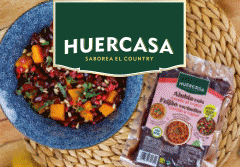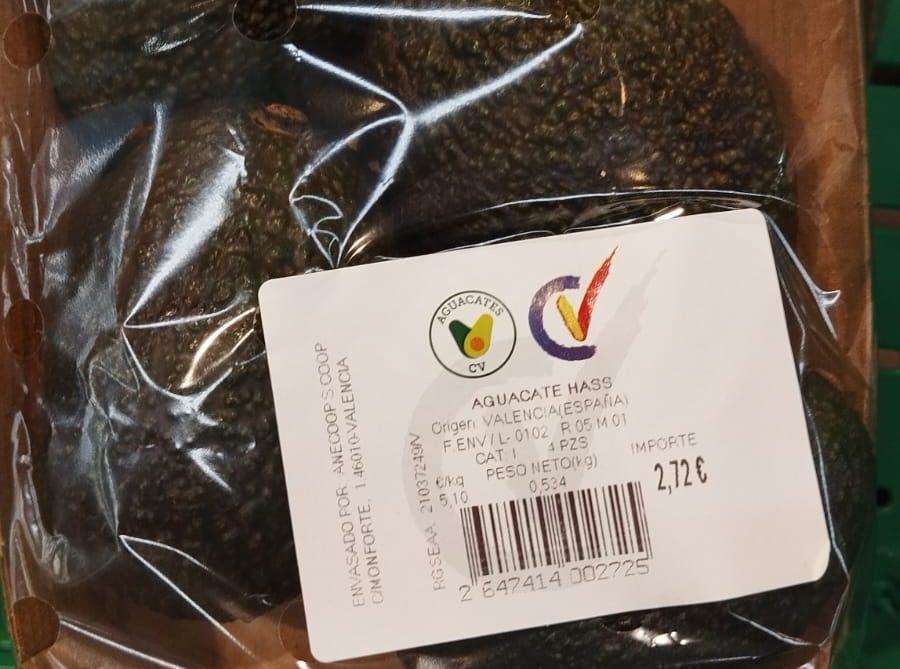With a decade of presence in the province, avocado farming has expanded significantly, growing from just 5 hectares in 2014 to nearly 1,000 hectares in 2023. This growth reflects a shift driven by the competitive prices of the fruit, which can reach up to €2.70/kg, far surpassing the €0.45/kg average for Clemenules, according to industry data.
Celestino Recatalá, president of the Association of Avocado Producers (Asoproa), highlights that production increased from 19,000 tons in 2023 to a projected 23,000 tons for the current season, representing a 21% rise. While these figures are still modest compared to the 2 million tons of citrus produced in the Valencian Community, avocados continue to gain ground year after year.
One key factor behind this expansion, according to Recatalá, is that “avocado production costs are 50% lower than those of citrus. It requires less labor and is less prone to pests, making it an attractive option for farmers. Furthermore, the economic returns are better, with farmgate prices ranging between €2.30 and €2.70/kg.”
Aguacates CV
The “Aguacates CV” quality label, officially introduced last year, is also playing a crucial role in promoting local produce. Recently adopted by supermarkets like Masymas, this initiative aims to emphasize the sustainability and quality of Valencian avocados. It encompasses all varieties, from Bacon and Fuerte to Hass and Lamb Hass. The latter two, particularly Lamb Hass, have become the flagship varieties, accounting for 70% of production and extending the commercialization period by several months.
RELATED NEWS: India is experiencing a “surprising” growth in avocados
However, avocado cultivation faces challenges, such as water consumption, which reaches 6,000 m³ per hectare annually—similar to that of irrigated citrus crops. Despite this, farmers see avocados as an opportunity to diversify their crops and overcome the economic difficulties associated with citrus farming, including international market pressures and climate adversities.




















